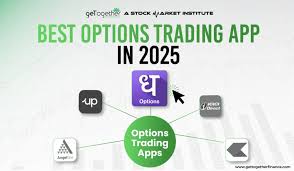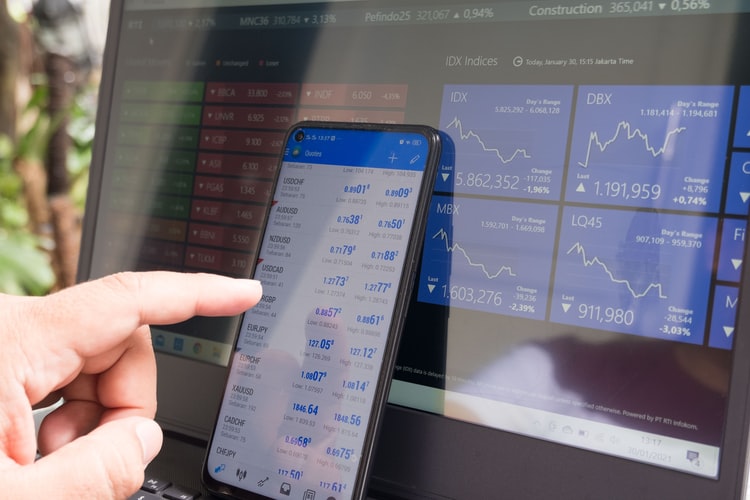
The Best Trading App in the World: A Comprehensive Guide
In today’s fast-paced financial markets, having the right tools is essential for success. The right trading app can make a significant difference in your trading experience. If you are looking for the best trading app in world bestappstrading.com to enhance your trading capabilities, this article will provide insights into the best trading apps available today, their features, and their pros and cons.
What Makes a Trading App the Best?
When evaluating the best trading app in the world, several key factors come into play. These include:
- User-Friendly Interface: A simple and intuitive user interface allows traders to navigate the app easily and execute trades efficiently.
- Real-Time Market Data: Access to accurate and real-time market data is crucial for making informed trading decisions.
- Variety of Trading Options: The best apps offer various asset classes, including stocks, forex, commodities, and cryptocurrencies.
- Security Features: Security is a top priority in trading apps, with features such as two-factor authentication (2FA) and encryption to protect user data and funds.
- Customer Support: Responsive and helpful customer support can enhance the trading experience and resolve issues quickly when they arise.
Top Trading Apps to Consider
Here are some of the best trading apps that have garnered positive reviews from traders around the globe:
1. Robinhood
Robinhood has revolutionized the trading landscape by offering commission-free trading on stocks and ETFs. Its mobile app is user-friendly and provides an excellent gateway for novice traders.

- Pros: No commission fees, easy-to-use interface, cryptocurrency trading.
- Cons: Limited research tools, no mutual funds or bonds available.
2. TD Ameritrade
TD Ameritrade is a well-established brokerage that offers a robust trading app with comprehensive research tools. Its thinkorswim platform is particularly popular among active traders.
- Pros: Extensive research, advanced charting capabilities, educational resources.
- Cons: Slightly higher fees than some competitors, may be overwhelming for beginners.
3. eToro
eToro is known for its unique social trading features, allowing traders to copy the trades of experienced investors. It’s particularly popular among cryptocurrency traders.
- Pros: Social trading features, user-friendly interface, multi-asset support.
- Cons: Withdrawal fees, limited research tools.
4. Interactive Brokers
Interactive Brokers caters to advanced traders with its powerful trading platform and extensive market access. It offers a low-cost structure and is known for its premium research.
- Pros: Wide range of investment options, advanced trading tools.
- Cons: Complex interface, may not be beginner-friendly.

5. Webull
Webull is a commission-free trading app that has gained popularity for its advanced charting and analysis tools. It’s ideal for tech-savvy traders looking for in-depth data.
- Pros: Advanced trading tools, no commissions, well-designed app.
- Cons: Limited support for mutual funds and bonds.
How to Choose the Right Trading App for You
Choosing the best trading app depends on your individual needs and trading style. Here are a few tips to help you make the right decision:
- Identify Your Trading Goals: Whether you’re a long-term investor or a day trader, your goals will influence the type of app you need.
- Consider Your Experience Level: Beginners may prefer apps with educational resources and user-friendly interfaces, while experienced traders may prioritize advanced features.
- Review Fees and Commissions: Be aware of any fees associated with your trading activities, as these can impact your overall profitability.
- Look for Strong Security Features: Ensure the app you choose has robust security measures to protect your personal and financial information.
- Check Customer Reviews: User feedback can provide valuable insights into the reliability and performance of the app.
The Future of Trading Apps
The trading app industry is continuously evolving, with technological advancements driving innovation. Features such as artificial intelligence, algorithmic trading, and enhanced security protocols are becoming integral to trading platforms. As more people turn to mobile trading, the importance of having a reliable and efficient trading app cannot be overstated.
Conclusion
Finding the best trading app in the world is a subjective process that depends on personal needs, preferences, and trading objectives. The key is to do thorough research, try out different apps, and select the one that aligns with your trading style. With the right app in hand, you can navigate the financial markets more effectively and achieve your trading goals.

